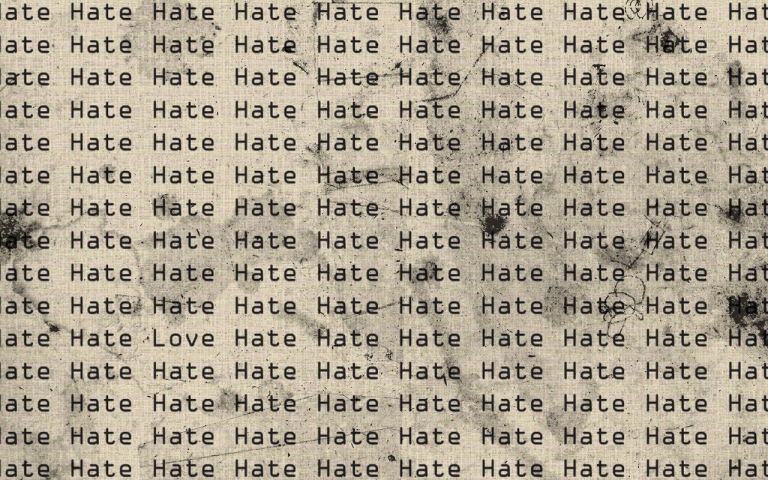In-Person | Should We Abolish Hate Crime Law?
05 March 2024, 3:00 pm–5:00 pm

This Dworkin Colloquium is organised by the UCL Institute for Laws, Politics and Philosophy (ILPP)
Event Information
Open to
- All
Organiser
-
UCL Laws
Location
-
UCL Faculty of LawsBentham House4-8 Endsleigh GardensLondonWC1H 0EG
Please note that the time allocated for this colloquia will be devoted to discussion.
Speaker: Dr Roxana Willis (LSE)
About the Session
The criminal law in England and Wales treats the use of racially hostile words as sufficient evidence that an offender demonstrates hostility, itself sufficient to show that the offence is racially aggravated for the purposes of criminal conviction. But in many cases, I argue, the mere presence of such language (as spoken by a perpetrator during the conduct of an offence) is insufficient to establish any such hostility. To see why, it is beneficial to use ethnographic insights about the social practices in which racial terms are used in different ways, whether or not during the conduct of an offence. Using examples from my ethnographic study of a British working-class community, I show that racial language may not only be used as an oppressive force, to ‘punch down’ or express a bigoted hatred, but may form part of a broader equilibrising practice, to ‘punch across’, in a process I term the neutralising of distinction. However, this analysis only becomes available to us after acknowledging that a range of social practices, such as ‘distinction-making’, ‘banter’, and ‘neutralising’, are conditioned by particular normative and material backdrops. For example, without first appreciating a set of norms that forbid power imbalances (such as those observed in certain working-class spaces), we may misconstrue the use of a racial epithet whose actual purpose is to re-establish a lost power balance. Indeed, I contend that hate crime legislation operates from exactly this ignorant position, which unavoidably treats racial language in a superficial fashion. While it may catch genuine expressions of racial bigotry within its grasp, it also risks widening the reach of criminal law and further criminalising an already over-criminalised sub-section of society. This leads me to reflect on the applicability of abolitionist debates to the law of hate crime, potentially paving the way for radical alternatives that more accurately target racial and other forms of hostility.
About the Institute
The Institute brings together political and legal theorists from Law, Political Science and Philosophy and organises regular colloquia in terms 2 and 3. Read more about the Institute's work.
If you would like to be added to the ILPP mailing list please contact us at laws-events@ucl.ac.uk.
Image by Dino KF Wong from Pixabay
 Close
Close

